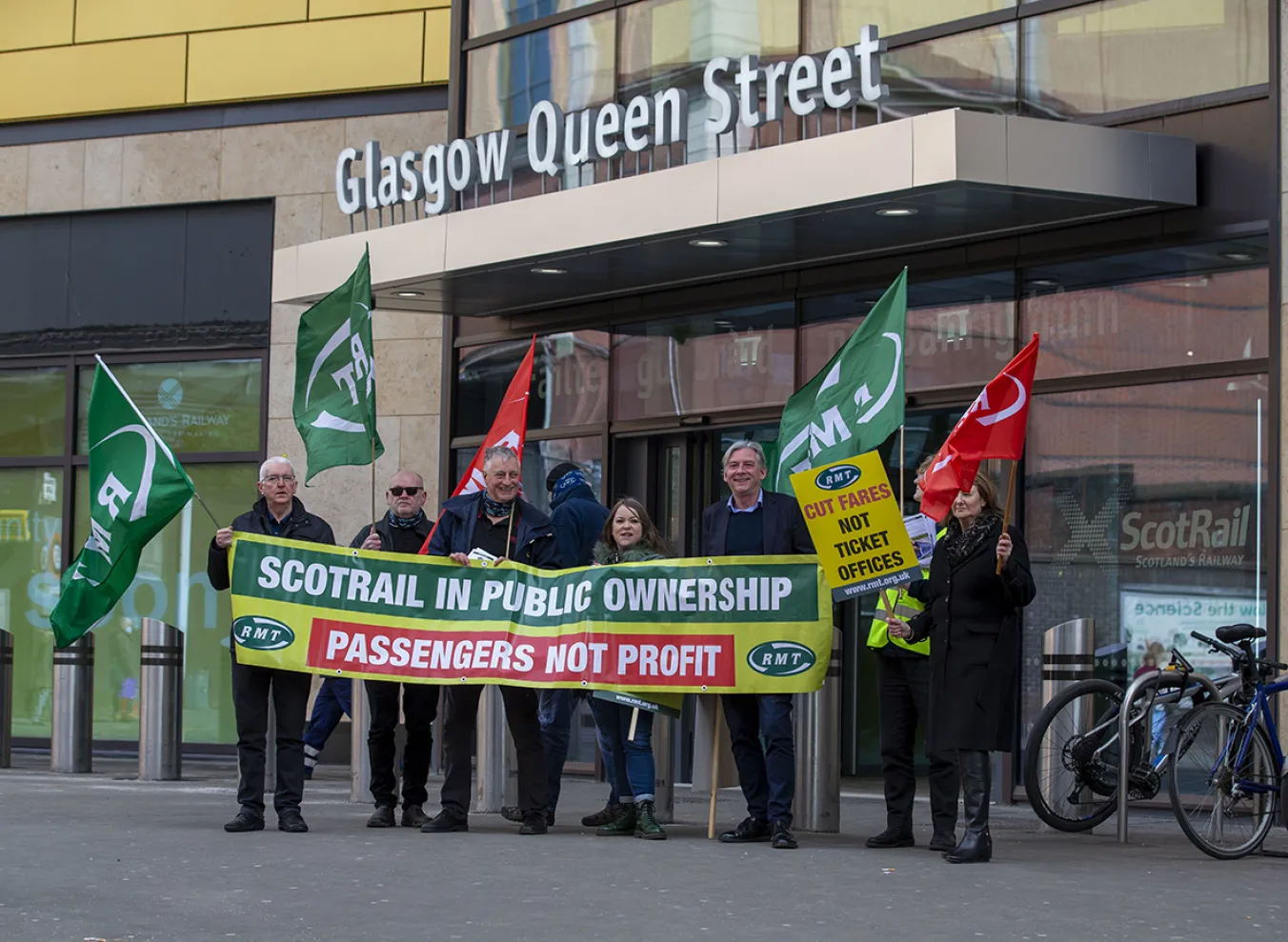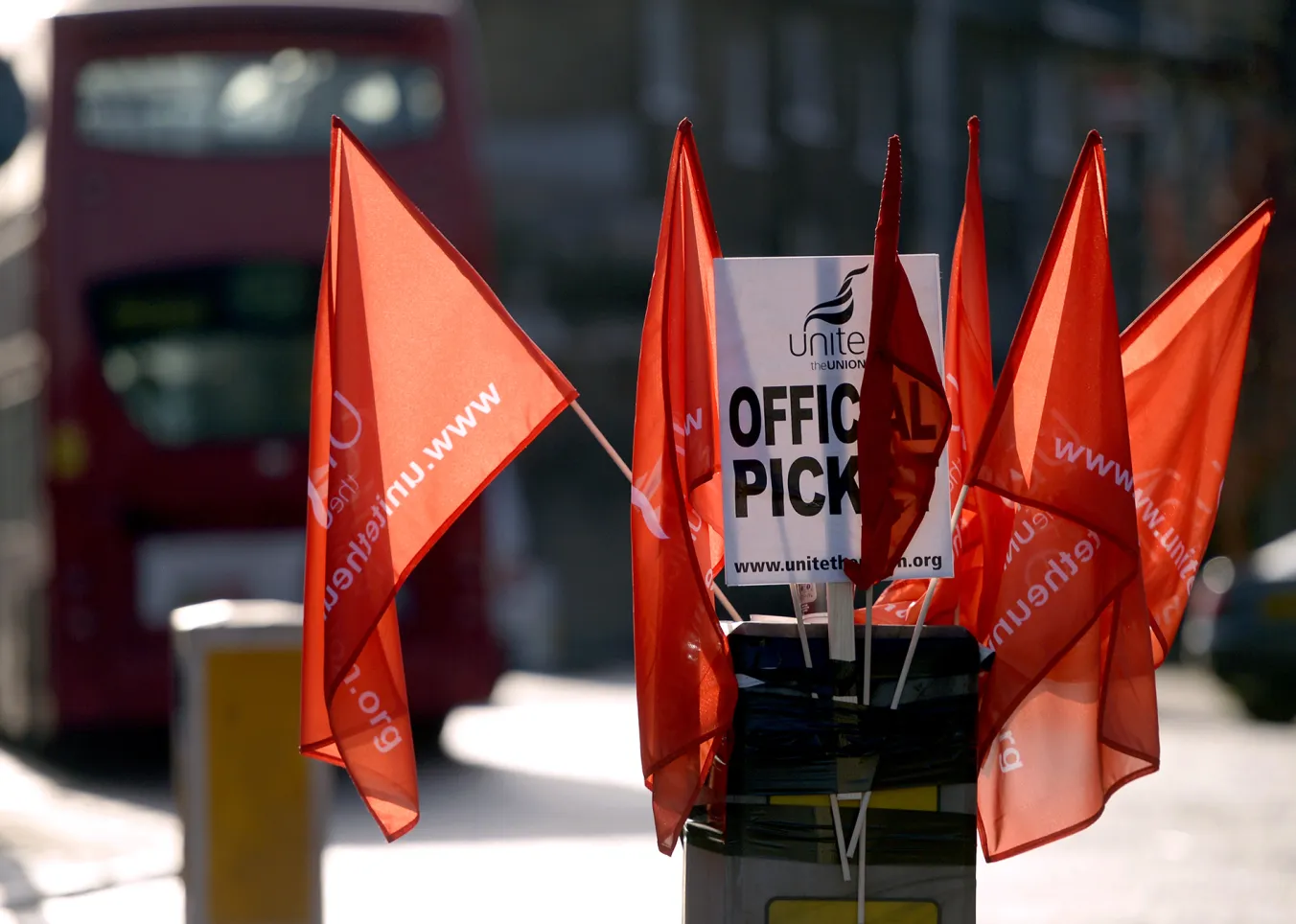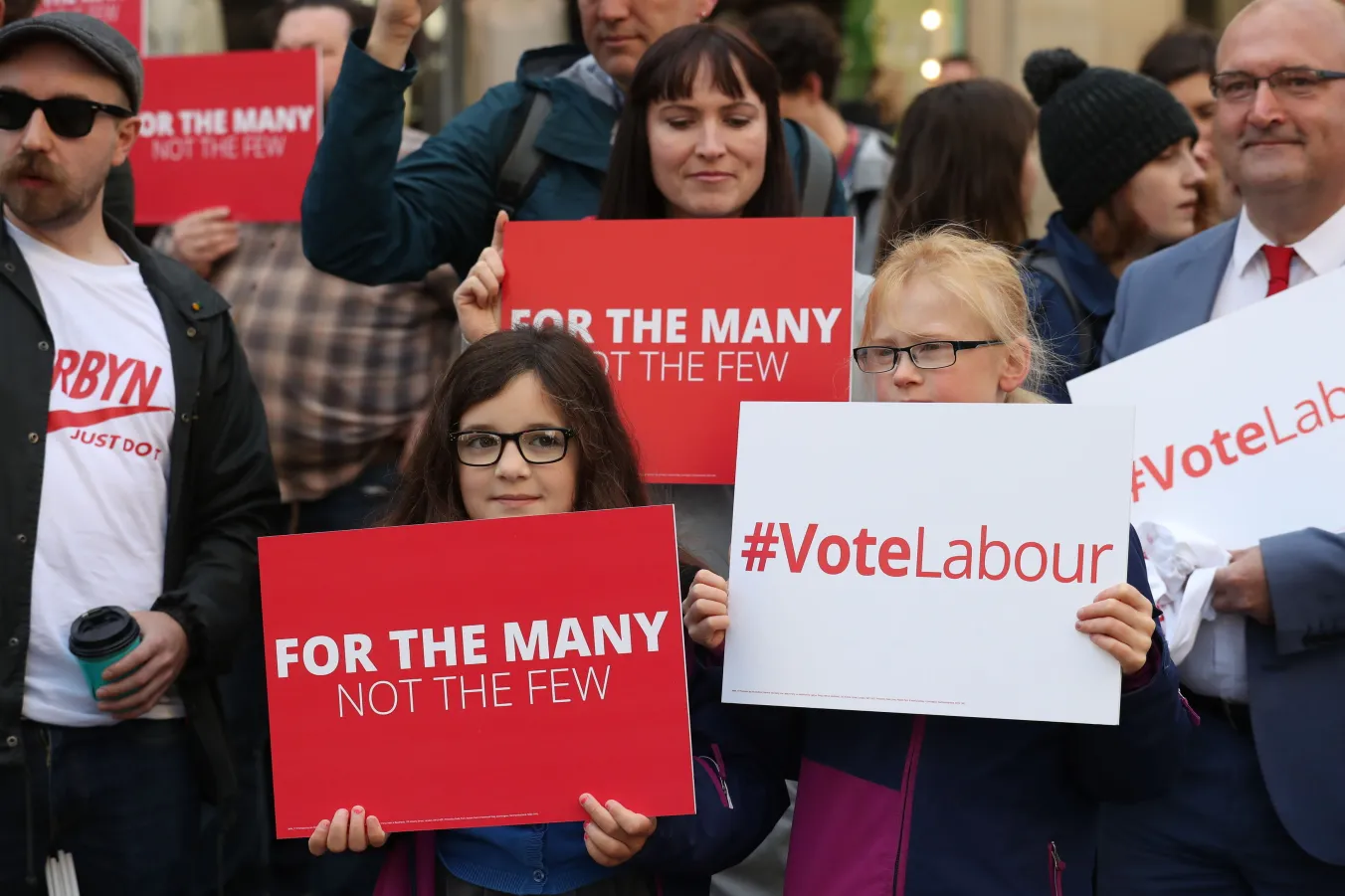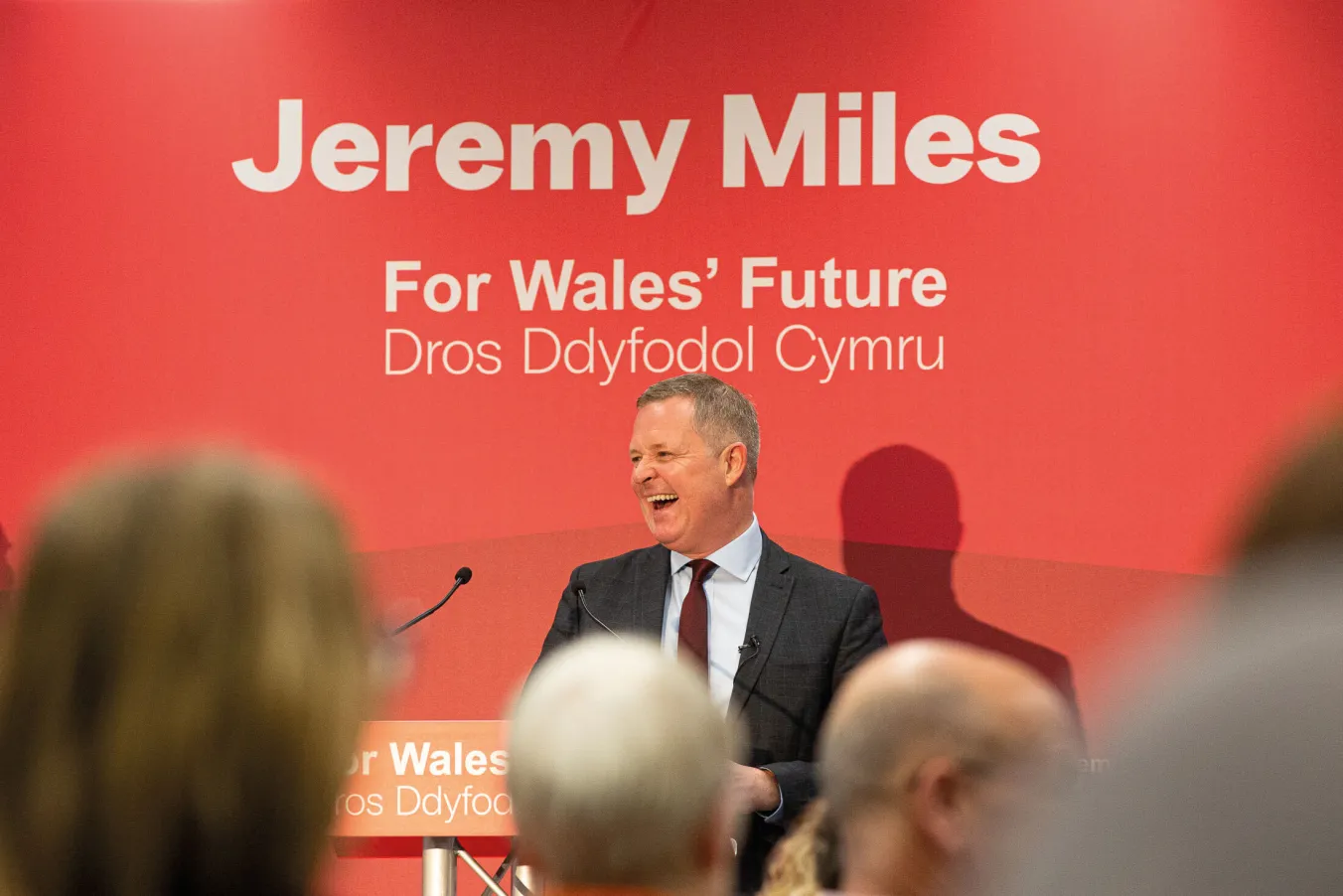
AFTER July’s election, the Tories have finally gone, and not a day too soon.
But the stark reality is that the impact of their devastating austerity is all around us, as millions have seen the deep cost-of-living crisis become a permanent cost-of-living emergency.
To give one particularly important example of what this means in human terms, we now have deep levels of child poverty.
Unicef reported in December that child poverty levels here in Britain are the worst among the world’s richest nations. Among the 39 high and upper-middle-income countries, we had the worst percentage change in child poverty rates between 2012-14 and 2019-21, with child poverty rates rising a shocking 20 per cent.
This is part of a broader picture of obscene levels of poverty and inequality, both of which have soared.
It was recently revealed that we have seen the biggest rise for 30 years in absolute poverty. The figure rose to 12 million in 2022-23, a rise of 600,000 — and this means the rate of absolute poverty is now at 18 per cent, a rise of 0.78 per cent.
And austerity reinforces and strengthens the inequalities in our society, hitting disabled people, women, and people of colour the hardest.
Yet while millions suffer, the profiteers and super-rich have never had it so good.
This includes the private owners of our water and energy systems, who are raking it in while charging rip-off prices and providing awful services.
To give just one notable example, it was revealed at the end of last year that Thames Water has pumped at least 72 billion litres of sewage into the River Thames since 2020.
At the same time, Thames Water is in deep financial trouble, having taken billions out of the company in loans and dividends — could there be a better example of the total failure of privatisation?
And our resource-starved public services — including the NHS — face another difficult winter, with no light at the end of the tunnel.
And this is before we even get on to discussing the deepening climate emergency, or the racist terrorisation of asylum-seekers and Muslims we saw on the streets of Britain over the summer, reflecting decades of demonisation by the media and many politicians.
In this context, millions of Labour voters in July, and millions who did not vote at all, or voted for choices to the left of Labour’s current leadership, rightly hope that some things will improve, and have expected the introduction of positive policies to build a better, fairer country.
Yet at the moment, hope on this score is thin on the ground. The refusal to commit to scrapping the two-child benefit cap disappointed and was symbolically and practically a blow to millions who expected better.
Now, the “cruel and politically inept” (as Guardian columnist Larry Elliott put it) Winter Fuel Allowance cut suggests that not only will Labour not reverse many Tory cuts, but it is also implementing new ones.
It is not that the policies and ideas do not exist to tackle the multiple crises we face.
A look through the TUC congress policies of 2023 gives plenty of options, many of which also enjoy overwhelming public support, and overall provide a basis for a policy of investment not cuts, which could bring about real change by ending austerity for good.
To give just a few examples, congress passed support for:
- Needs-based funding for all public services, ensuring fair wages for those who provide them.
- Fully funded universal childcare with good pay, terms and conditions for the staff that deliver it.
- Adopting a policy of major investment in public services to fix our broken Britain and to commit to the publication of a cross-governmental strategy for investment in public services to address the alarming rise in poverty and inequality in Britain.
- Free school meals for all primary school children.
- For the British government to recommit to their climate commitments and to introduce a Just Transition Commission with dedicated ministerial oversight and representatives from all stakeholders including unions.
Congress also argued, through a Unite motion, “that the current economic model is broken, and we must prevent profiteering and reshape the economy to the benefit of workers and communities.”
And of course, individual unions have further policy suggestions too which could reshape the economy. My union Unite is running a campaign for public ownership of energy, while the BFAWU’s Baker’s Dozen Demands include the demand for “affordable public transport” by renationalising train companies, capping bus fares, and providing free public transport for young people aged 16-25.
They also call for — on an issue on which the silence from Labour’s front bench is deafening — the creation of a National Care Service, providing dignity and care for older and disabled people as a societal duty.
Our movement should not only be publicly demanding that this alternative agenda be put into practice, but actively mobilising and organising for it — in our workplaces, communities, the streets and beyond.
Millions of people across the country need to know we not only have their backs but also that there is an alternative to the political and economic Establishment’s bid to forge a permanent consensus for never-ending austerity. Frankly, we need to destroy any such emerging austerity consensus before it is too late.
During the TUC in Brighton, join me and a range of speakers from across our movement for this discussion on not only how the labour movement has the solutions we need for real change — but, crucially, how we can win them in the period ahead.
The event “Labour Movement Agenda for the Labour Government” is open to all at the Regent Room, Grand Hotel, Brighton, at 12.30 on Tuesday September 10. Speakers include John McDonnell, RMT general secretary Mick Lynch and Sabby Dhalu of Stand up to Racism. Ruth Hayes will chair the event. Lunch and refreshments provided. Register and info at www.bit.ly/labmovagenda.















